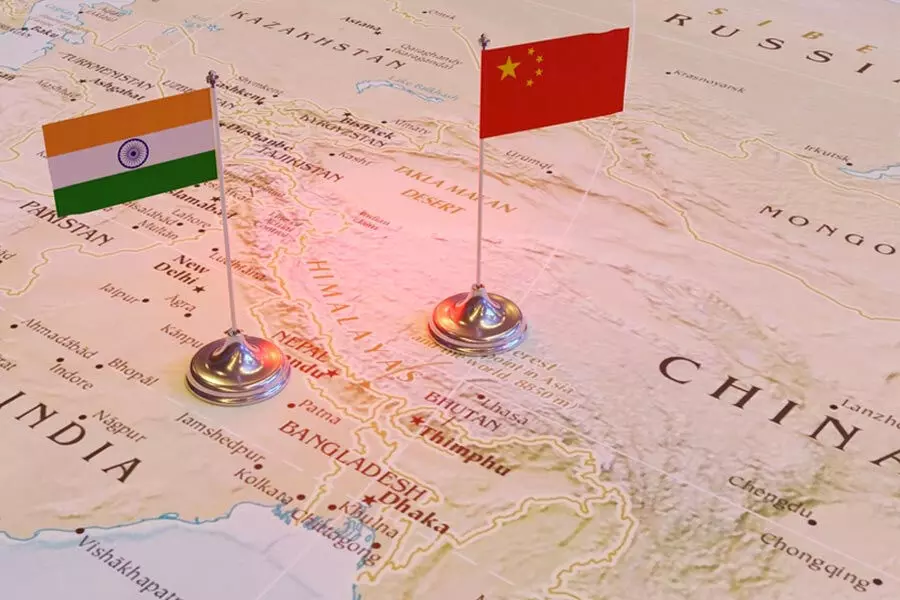Manipulative cartography

China's recent release of its "2023 edition of the standard map of China" has sparked international concerns and outrage as it extends territorial claims over regions that are not legitimately part of its sovereign territory. The map, unveiled by China's Ministry of Natural Resources, unilaterally incorporates vast expanses, including the entire State of Arunachal Pradesh, an integral part of India, the disputed region of Aksai Chin, and the contested South China Sea and Taiwan. This move is a clear indication of China's aggressive expansionist agenda, driven by calculated diplomatic manipulation. China's persistent insistence on these unjustified territorial claims, evident through their map releases and unilateral renaming of regions, is a concerted effort to reshape global perceptions and manufacture conflicts where none inherently exist. The intent seems to be establishing an incoherent geopolitical parity with countries like India and Taiwan in terms of territorial assertiveness over certain regions. Under present circumstances, China’s claims appear to be shocking and outrightly rejectable, but the country might be eying to change this status quo in the long run. It is pertinent to note the context in which the map is released. Chinese premier Xi Jinping very recently held a “candid and in-depth exchange of views” with the Indian Prime Minister on the sidelines of the BRICS summit. Furthermore, Jinping is expected to attend the high-stakes G20 summit in New Delhi in about a matter of week. It may also be noted that such territorial claims — either through release of maps or renaming of regions — are made before some or other high-level engagement between the two countries. A possible explanation is that China seeks to make a global spectacle out of what can safely be called non-issues. Even a balanced global opinion on the constructed disputes will tilt in favour of China. In response to China's latest cartographic manoeuvre, India's foreign ministry spokesperson, Arindam Bagchi, expressed his reservations, asserting that India "lodged a strong protest through diplomatic channels with the Chinese side on the so-called 2023 'standard map' of China that lays claim to India's territory." This stance is not only appropriate but necessary to defend India's territorial integrity and sovereignty. It sends a clear signal that such unilateral actions are unwelcome and unacceptable. At the same time, regarding the release of the Chinese map, India's External Affairs Minister S Jaishankar pointed out, “It is not something which is new. It started in the 1950s. So just by putting out a map claiming territories some of which are part of India... I think this doesn’t change (anything)”. However, it must be noted that complacency in the face of Chinese audacity is not an option. The situation draws parallels to Russia's actions in Ukraine, where sustained lies and false claims were employed as a pretext for territorial aggression. China's claims over Indian territories must be met with consistent and explicit opposition. China's strategy to manipulate cartography to further its expansionist agenda requires a united and resolute response from India and the international community. Swift and unequivocal condemnation of these actions is essential to curtail Beijing's designs of creating conflicts where none should exist. As the international community debates climate change, economic cooperation, and global security, it is also crucial to remain vigilant against attempts to undermine territorial integrity for strategic gains. To sum up, China's recent map release serves as a stark reminder of the nation's expansionist ambitions, driven by a calculated diplomatic game. It is imperative to recognise the falsity of these claims and to collectively reject attempts to legitimise territorial aggression through manipulation. As a sovereign nation, India's strong diplomatic protests are both justified and commendable. Countries across the world must unite to send a clear message that manipulation of territorial claims will not be tolerated. This is not merely a dispute over cartography; it's a challenge to the very principles of international law and sovereignty that underpin a peaceful world order.



